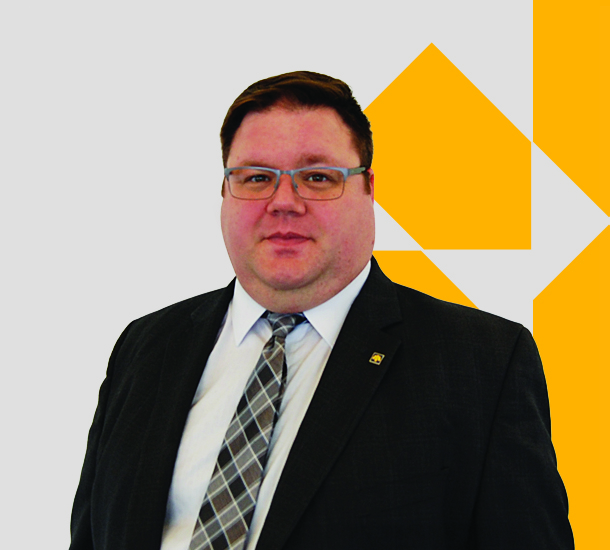My advice • February 13, 2020
modified on April 28, 2021
Five tips to not pay more than your fair share of taxes
Putting them into practice could make a big difference

 Pierre-Raphaël Comeau
Pierre-Raphaël ComeauExpert Advisor, Wealth Management
and LBC Financial Services Financial
Planner
-
Contributing to your spouse’s RRSP
Are you married and share everything with your loved one, even your finances? Assess your respective incomes and have the spouse with the highest tax rate contribute (METR)1, as they will benefit from the biggest tax savings. In which RRSP account should this contribution go? It should go into the account of the spouse who will have the lowest income during retirement (RRSP or spousal RRSP). Plan well today for a brighter future.
-
Making your tax savings work
How? You can immediately invest an amount equivalent to your tax savings by borrowing that same amount. You will then apply your eventual reimbursement to the balance of the loan.
-
Maximizing your RRSP contribution
Consider making an RRSP contribution to go into a lower tax bracket. The last tax bracket costs most. Calculate the amount you would have to contribute to avoid it and maximize profits. Your effort will quickly be rewarded by paying less tax and getting more money for your retirement.
-
Become a homeowner with the HBP
Consider registering for the Home Buyers’ Plan (HBP) if you plan to purchase your first home in 2020. Make an RRSP contribution (at least 90 days before your purchase) to also benefit from tax savings that will help you with your project.
-
Spring cleaning
Do you have non-registered investments (not RRSP or TFSA) and consumer debt? Consider reorganizing your finances to make all or part of the interest on your loans tax deductible. For example, let’s say Francis has a car loan and non-registered savings. The interest on his car loan is not deductible, because he borrowed to buy a car. But he can choose to pay his car loan with his non-registered savings and take a new loan to invest it. The loan is then used to earn income and the interest on this loan is tax deductible. There are risks with that strategy, but it can be very beneficial. What experts like Marie Kondo say is true: organizing can be rewarding.
A financial health assessment is the first step to better manage your personal finances. It helps paint a clear picture of your financial situation, define and prioritize your objectives, and suggest what you should do. Take your first step now and meet with your advisor.
+ Legal Notices
New investment accounts are offered by LBC Financial Services Inc. (LBCFS). Mutual funds are distributed by LBCFS. The Financial Planning service is offered by LBCFS. LBCFS is a wholly-owned subsidiary of Laurentian Bank and a legal entity distinct from Laurentian Bank and Mackenzie Investments. Mutual funds offered by LBCFS are part of the Laurentian Bank Group of Funds managed by Mackenzie Investments. A Laurentian Bank advisor is also a licensed LBCFS Mutual Fund Representative.
The articles on this website are for information purposes only. They do not create any legal or contractual obligation for Laurentian Bank and its subsidiaries.
These articles do not constitute financial, accounting, legal or tax-related advice and should not be used for such purposes. Laurentian Bank and its subsidiaries may not be held liable for any damage you may incur as part of such use. Please contact your advisor or any other independent professionals, who will advise you as needed.
The articles may contain hyperlinks leading to external sites that are not managed by LBC. LBC cannot be held liable for the content of such external sites or the damage that may result from their use.
Prior written consent from the Laurentian Bank of Canada is required for any reproduction, retransmission, publication or other use, in whole or in part, of the contents of this site.








